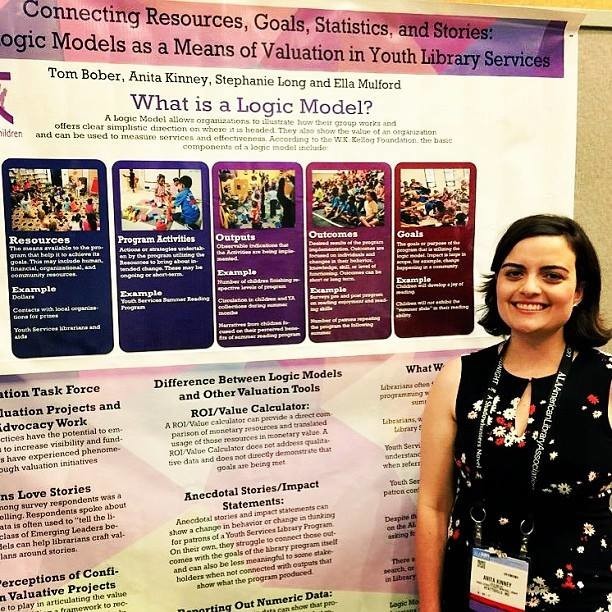Inspired by a thread on ALATT, I’m working on a list of “freelance” opportunities for librarians. I can almost guarantee that none of these will provide stable, full-time income but they are viable side hustles to make a couple of hundred extra bucks.
1) Independent archival researcher – the National Archives maintains a list of available researchers: http://www.archives.gov/research/hire-help/ – like most side hustles, you can’t sign up and expect the phone to ring off the hook. Most of this work seems to be in genealogy but I have started building relationships with researchers from out-of-town who need someone local to make copies, take pictures, etc.
2) Records manager – this is a thing. Sometimes car dealerships need them and you can probably get them to agree quite easily to bring you on as a consultant rather than an employee. Work your network.
3) Indexer – another clever, tangentially related information professional job. Of course there’s an Institute of Certified Indexers: http://www.certifiedindexers.com
4) Government contracts – state, local and federal governments have procurement processes in place that you can follow to get access to opportunities for contracts. Sometimes there are preference points awarded to bids from women and minority-owned small businesses. It does not cost a lot of money to incorporate as a small business, but you can also bid on some of these contracts as an individual. Opportunities I’ve seen: bookbinding/repair, media monitoring services, lots of communications contracts.
5) Book repair – there are binderies that give pretty reasonably priced classes in this discipline (see: Cattail Run and tons of small repositories/local libraries that will likely let you practice. This is almost certainly not a viable source of full-time employment income.
6) Social media consultant – this probably will not work unless you have prior experience working in-house as a communications staff person.
7) Substitute – some public libraries have substitute pools. You can also become a substitute teacher, since you have completed your master’s degree. This is not bad money.
8) Temping – I don’t consider temping to be freelancing – to me, a “freelancer” is someone with an actual business and temps do not have the perks of freelancing in that you can’t, say, set your own work hours (generally) or deduct most expenses. But there are companies looking to fill contracts for library operations. I haven’t had luck with any of the big ones (TRAK, LAC Group) but I’ve gotten calls from staffing companies by posting my resume on Monster. This may, again, be a DC-only tip, but we my coworker and I had 2 promising contacts with recruiters for knowledge management and straight-up librarian gigs within a few months of each other. My friend got one of these jobs, and is now the acting librarian at a federal agency and her company called me to cover for her when she goes on vacation.
Personally I think lots of librarian skills are useful, even if it’s for administrative jobs. If you are an information professional worth your salt, you will bring those skills to bear in any position.
9) Government contract positions – see my caveats under “temping” – this is certainly NOT freelancing since these all have weekly work requirements and time restrictions, but there ARE contract positions posted regularly with federal agencies in the DC area (Smithsonian, etc.) I suggest subscribing to the Catholic University listserv: lis.cua.edu/tech/listserv.cfm#jobs – these jobs get posted in the Student and Job-seekers mailing lists. Heck, just subscribe to both of them.
10) Freelance researcher – I freelance for Clear Writing Services which is a gig I scored off the CUA listserv. If you subscribe to every mailing list you WILL eventually find a remote freelance job. It will take awhile. It is not the solution to your job search. But when it happens, oh boy, is it sweet.
11) Freelance writer – if you can write, you might be able to sell articles now and then. Look for small, local publications where you have a personal connection – the first piece I sold for something like $150 was to a Catholic newspaper (most archdioceses in the United States have a diocesan newspaper, and some of them pay freelancers if the story’s really good). I was working in a church at the time so it was a good fit. Later on, a friend introduced me to a local newspaper where her mom used to be a reporter. When I’m done with library school, this is definitely something I plan on doing more often. Again, it’s not a lot of money but it’s a beer (or 5) now and then.
